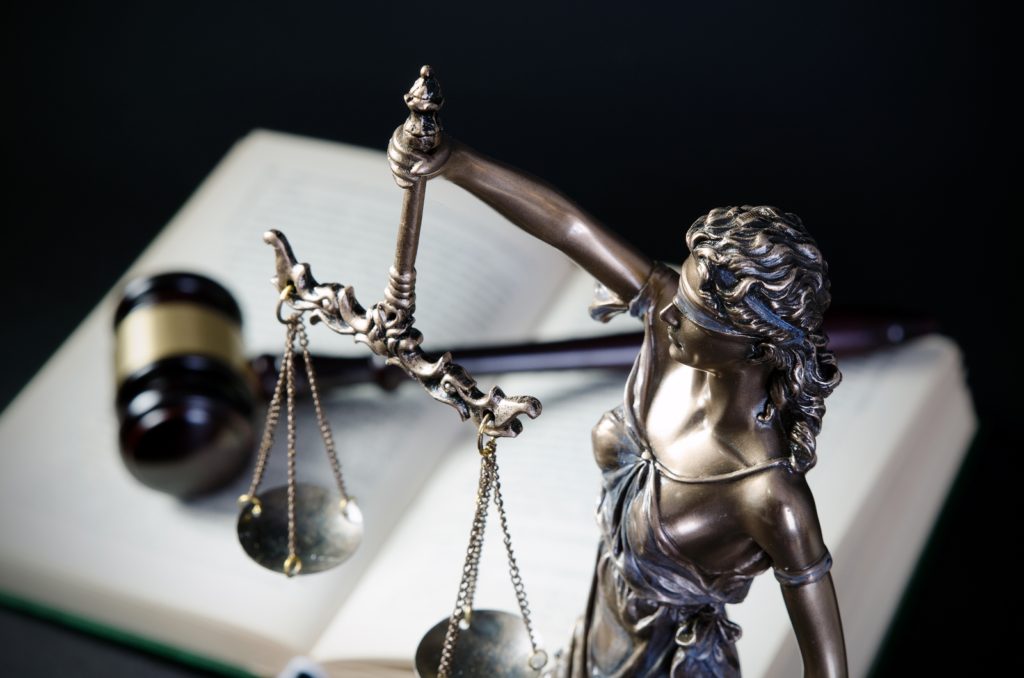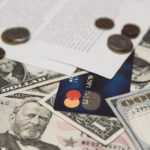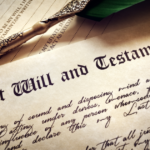A chapter 7 bankruptcy is one option to help you start rebuilding a financial future free from debt. Chapter 7 is usually the best option for those with only a few assets, a large amount of debt, and too little income to pay the debts. Consider the benefits of filing a chapter 7 bankruptcy case when seeking debt relief:
Debt Forgiveness
By filing chapter 7, you receive a bankruptcy Discharge which eliminates your unsecured debt. Some unsecured debts, such as most student loans, some taxes owed a governmental unit (such as the IRS), alimony, or court restitution, are non-dischargeable in bankruptcy. You will still have to pay these types of unsecured debts. But you no longer have to pay, and you eliminate medical bills, credit cards, bank loans, and other debts not secured by any collateral. Do you owe more on a car than its worth? Perhaps you rolled over another car loan to buy your current vehicle. You can surrender the vehicle in a chapter 7 bankruptcy and eliminate and Discharge any unsecured deficiency balance still owed after the car is returned to and sold by the lender.
Relief from Creditor Harassment
When you file chapter 7 bankruptcy, the bankruptcy court immediately grants you an “Automatic Stay” which protects you from your creditors and collectors. No more garnishments, no more collection calls, lawsuits end, and creditor harassment ends as well. You can answer your phone again when it rings and hold your head high walking away from your mailbox.
Chapter 7 Bankruptcy is a Fast Process
A chapter 7 bankruptcy can be completed as little as 4 to 5 months from start to finish. When you first consult with a bankruptcy attorney, you transition from a stressed-out state to one of relief and a fresh start the day you receive your Discharge from the bankruptcy court.
Chapter 7 Home and Personal Property Exemptions
Most individuals who file chapter 7 bankruptcy do not lose any of what they own. This is because of the available exemptions allowed by bankruptcy and non-bankruptcy law. In Florida, homeowners enjoy an unlimited homestead exemption in a bankruptcy case. If you want to keep your house, then continue to make the mortgage payments. If the total value of your personal property is less than $1,000 (if you own a home) or $5,000 (if you do not own a house), then you are protected. You can exempt all of your personal property out of chapter 7 bankruptcy. Double the amounts if you are married and filing chapter 7 bankruptcy together. There is also a $1,000 exemption for your car, exemptions for retirement accounts, pensions, cash surrender value of life insurance, and annuities.
Rebuild Your Credit Score
People struggling with credit see their credit scores fall before filing chapter 7 bankruptcy. The recovery process begins right after the bankruptcy court enters your Discharge. When you file bankruptcy, your creditors quit reporting balances and delinquencies to the credit reporting agencies. They zero out the debt on your credit report. Your credit score will rise, and you will begin, in time, to qualify for loans again. Read more about the steps to rebuilding your credit from my last blog. The idea is to rebuild your credit reputation and not accumulate new debt. Your credit score will increase, allowing you to qualify for bigger and lower interest loans such as cars and mortgages.
If you are experiencing debt problems and see that a chapter 7 bankruptcy may benefit you, call the Law Office of M. Eric Barksdale at 813-308-9045, today, to schedule a free initial consultation. In all that you do, Press on Regardless! Never give up!




